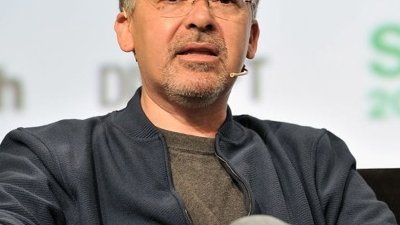Not much is known about Apple's AI head, having spent most of his career behind closed doors and making few public appearances. John Giannandrea sparked the early days of machine learning. He began working on a smart assistant during his time at General Magic, a company that had branched from the failing Apple of the '90s.
His passion for pushing machine learning to the next level was a clear indicator that he was needed on Apple's executive team.
"John hit the ground running at Apple and we are thrilled to have him as part of our executive team," said Apple CEO Tim Cook. "Machine learning and AI are important to Apple's future as they are fundamentally changing the way people interact with technology, and already helping our customers live better lives. We're fortunate to have John, a leader in the AI industry, driving our efforts in this critical area."
John Giannandrea interviewed
"Computers are incredibly powerful but they are also pretty dumb, and I think we need to work hard to make them fulfill the potential that they have and so that means teaching them to be smarter," Giannandrea said to CNBC. "Technology should augment the human intellect, not replace it. It should be a powerful tool to help us think better, and I think that is really the journey we are on."
The industry surrounding machine intelligence and artificial intelligence holds a simple belief — more data means stronger AI. Apple's SVP of ML doesn't think so, he says that algorithms should run locally on small data sets.
"I understand this perception of bigger models in data centers somehow more accurate," he told Ars Technica, "but it's actually wrong. It's better to run the model close to the data, rather than moving the data around."
By close to the data, he means on-device machine learning. If you examine data on the device running a maps app or workout program, the data is more private and algorithms output information faster.
He provided the example of taking a photo using off-device machine learning. "If you wanted to make that decision on the server," he said, "you'd have to send every single frame to the server to make a decision how to take a photograph."
"That doesn't make any sense right? So, there are just lots of experiences that you would want to build that are better done at the edge device," he continued.
On joining Apple
"When I joined Apple, I was already an iPad user, and I loved the Pencil," he said. "So, I would track down the software teams and I would say, 'Okay, where's the machine learning team that's working on handwriting?'"
There wasn't one, so he created it and says that there is now practically no part of Apple that isn't engaging with AI and ML. "I find it very easy to attract world-class people to Apple," he said, "because it's becoming increasingly obvious in our products that machine learning is critical to the experiences that we want to build for users."
Giannandrea says that he was attracted to Apple, and believes it is the right place to work on these topics, because of this same issue of being focused on experiences. "I think that Apple has always stood for that intersection of creativity and technology," he said.
"And I think that when you're thinking about building smart experiences, having vertical integration, all the way down from the applications, to the frameworks, to the silicon, is really essential," he continues. "I think it's a journey, and I think that this is the future of the computing devices that we have, is that they be smart, and that, that smart[ness] sort of disappear[s]."
On Apple Silicon
"We will for the first time have a common platform, a silicon platform that can support what we want to do and what our developers want to do," he says. "That capability will unlock some interesting things that we can think of, but probably more importantly will unlock lots of things for other developers as they go along."
Giannandrea explains that this is specifically because of how Apple is going to be able to leverage the Apple Neural Engine (ANE) works. "It's a multi-year journey because the hardware had not been available to do this at the edge five years ago," he said.
"The ANE design is entirely scalable," he continued. "There's a bigger ANE in an iPad than there is in a phone, than there is in an Apple Watch, but the CoreML API layer for our apps and also for developer apps is basically the same across the entire line of products."
As well as his technology work within Apple, Giannandrea has recently been lobbying European Union officials over their plans to regulate the use and implementation of AI. Separately, Apple is continuing to acquire companies specifically to aid in the development of AI such as Siri.
Apple's SVP of ML
In an unusually rapid move for Apple, Giannandrea quickly assumed a senior executive position, effectively displacing former Siri lead Bill Stasior and other Siri founders during an internal reorganization. It is believed that Giannandrea has set his sights on revamping Siri to bring the lagging assistant up to par with the industry.
The former Google executive has been outspoken about AI, even going so far as to claim that the term is too broad and undefined, and instead preferring to refer to it as "Machine Intelligence." Before leaving Google, he led both the search and machine learning teams and expressed enthusiasm for self-driving car technology.
Giannandrea has a long history in technology, and it all started right next door to Apple.
John Giannandrea's career in Machine Intelligence
General Magic
The earliest mentions of Giannandrea's career place him at General Magic. This company pioneered many innovations in Silicon Valley that continue to influence today's industry. One of the company's early projects, which never materialized, was a prototype for a smartphone-like device. One component of this device was intended to host a smart assistant, which was Giannandrea's project.
While the project never made it to the public, it helped solidify Giannandrea as a crucial part of the industry.
Netscape
Shortly after Netscape was founded in 1994, John Giannandrea joined the company. In an interview with Fortune Magazine, he shared insights about the early days of the company's formation.
Netscape was actively seeking engineers who had been involved in early web development, recruiting anyone available. Netscape became a pioneer in internet technology as one of the early consumer browsers. In 1999, AOL acquired the company when Microsoft's Internet Explorer dominated the market.
Tellme
Later, Giannandrea went on to co-found Tellme. This telephone service used voice recognition software to connect people with a recorded voice, providing information such as stock numbers and weather, and even allowing kids to talk to Santa Claus.
This was an early example of how machine learning, then a simple answer tree, was going to impact consumers' lives. Microsoft acquired Tellme in 2007, but Giannandrea moved to another company before the acquisition occurred.
Metaweb
In 2005, Metaweb was founded and began work on Freebase, an early predecessor to what now runs websites like Wikipedia. John Giannandrea was brought on as Chief Technology Officer to help with the development of the software.
In 2010 Google acquired Metaweb, thus bringing Giannandrea into the search engine company. He and the other engineers joined the machine learning team to push Google's own AI initiatives forward.
In 2016, Google merged the search team with the machine learning team and placed Giannandrea in charge of the whole division. He spent two years there spurring the development of Google Assistant and may have even had a hand in the Google self-driving car project.
Apple
In 2018, Apple poached Giannandrea from Google, hoping the engineer could renovate Siri. As a result, Apple announced Siri would be gaining a significant amount of updates in iOS 18 at the WWDC 2024 event.
Since he joined Apple, advancements in the Neural Engine and machine learning can be attributed to Giannandrea. An interview revealed his involvement in many Apple products as he works to expand machine learning efforts.
Upon his arrival, Giannandrea focused on improving the Apple Pencil handwriting engine. His influence is evident in the recent iPadOS 14 update, which introduced Scribble, allowing users to write in any text field seamlessly.
The transition from Intel to Apple Silicon also presents more opportunities to implement machine learning in Mac operations. With the Neural Engine in the Apple Silicon being larger and more powerful than that in iPads, the machine learning capabilities will be significant.
Giannandrea envisions the Neural Engine as a key driver in the growth of software platforms, empowering developers to explore new ways to integrate machine learning into their apps.
Apple Car
In December 2020 Giannandrea was placed in charge of the Apple Car project. The role was previously held by former SVP of hardware engineering Bob Mansfield. He had retired in 2012 but stayed with Apple as an advisor until ultimately coming out of retirement in 2016 for Project Titan. He has now fully retired again.
Initally, the day-to-day operations were run by Doug Field who now reports to Giannandrea. The project would have relyed upon machine intelligence to develop autonomous driving systems.
The Cupertino tech giant's self-driving vehicles drove 18,805 miles on California roads in 2020, up from 7,544 miles in 2019, according to a report filed with the state's Department of Motor Vehicles.
In addition to more road testing, Apple's autonomous technology seems to have improved as well. The same report indicates that Apple's self-driving cars had a disengagement — a situation when a human driver needs to take over — every 145 miles. In 2019, Apple reported a disengagement every 118 miles.
Apple's road testing in both 2019 and 2020 still lagged behind 2018 when the company's cars drove nearly 80,000 miles but had a disengagement about every mile. Giannandrea's hire came at a time when Apple was beginning to accelerate car development.
Rumors in February 2021 indicated that Apple was in negotiations with car manufacturers like Hyundai. The rumors have died down, but the need for distribution channels shows how far along Project Titan has come.
Ming-Chi Kuo had expected Apple to publically announce the Apple Car by 2025 and release it for sale by 2030.
In 2024, rumors surfaced that Apple had canceled all efforts related to the still unnanounced Apple Car. The $10 billion project, code named "Project Titan" was referred to as a "titanic disaster" by those who worked on it. It is likely that most of the team has been rerouted onto other projects, such as Apple Intelligence.
Apple Intelligence
Apple Intelligence is Apple's stab at integrating artificial intelligence into its line of products. As Apple prides itself on security, much of Apple Intelligence is done on device.
Additionally, Apple describes Apple Intelligence as "personal Intelligence." Its primary focus is to improve the way users interface with the apps and services they already use, rather than focusing on novelty use cases.
Apple Intelligence is limited to M-series Macs and iPads, as well as iPhones running the A17 Pro chip and newer.

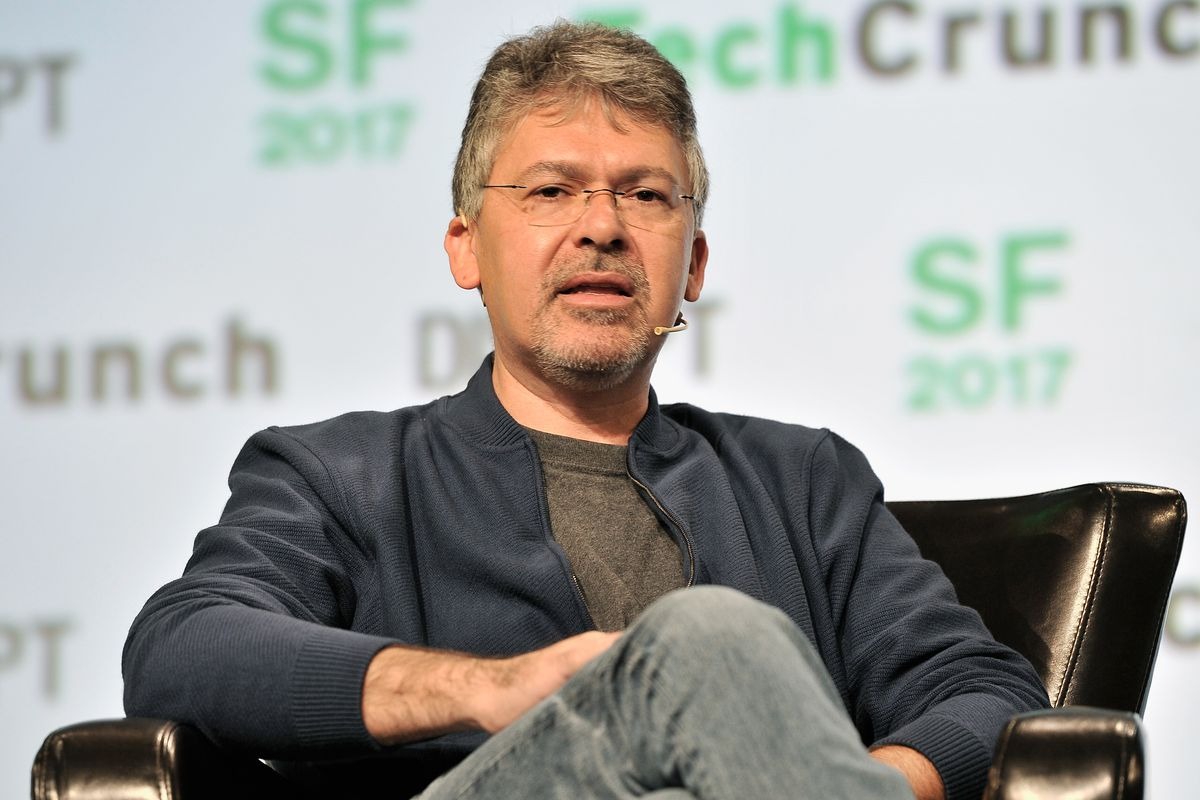
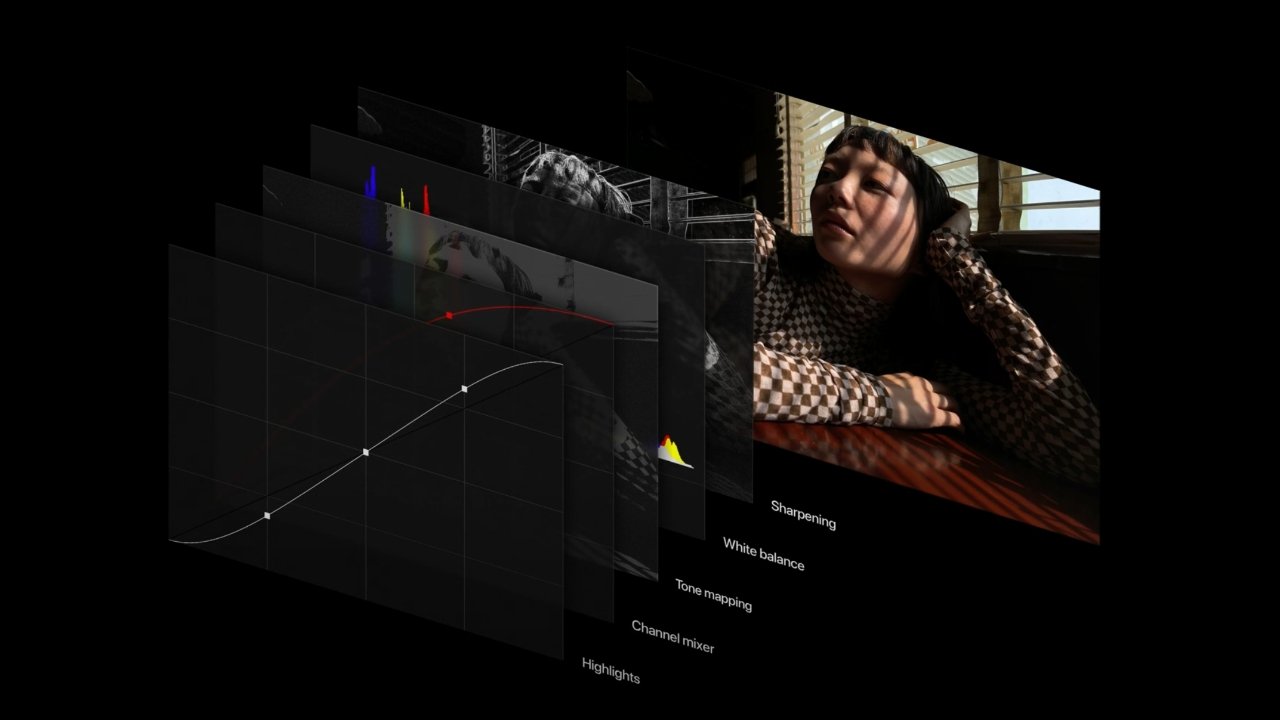
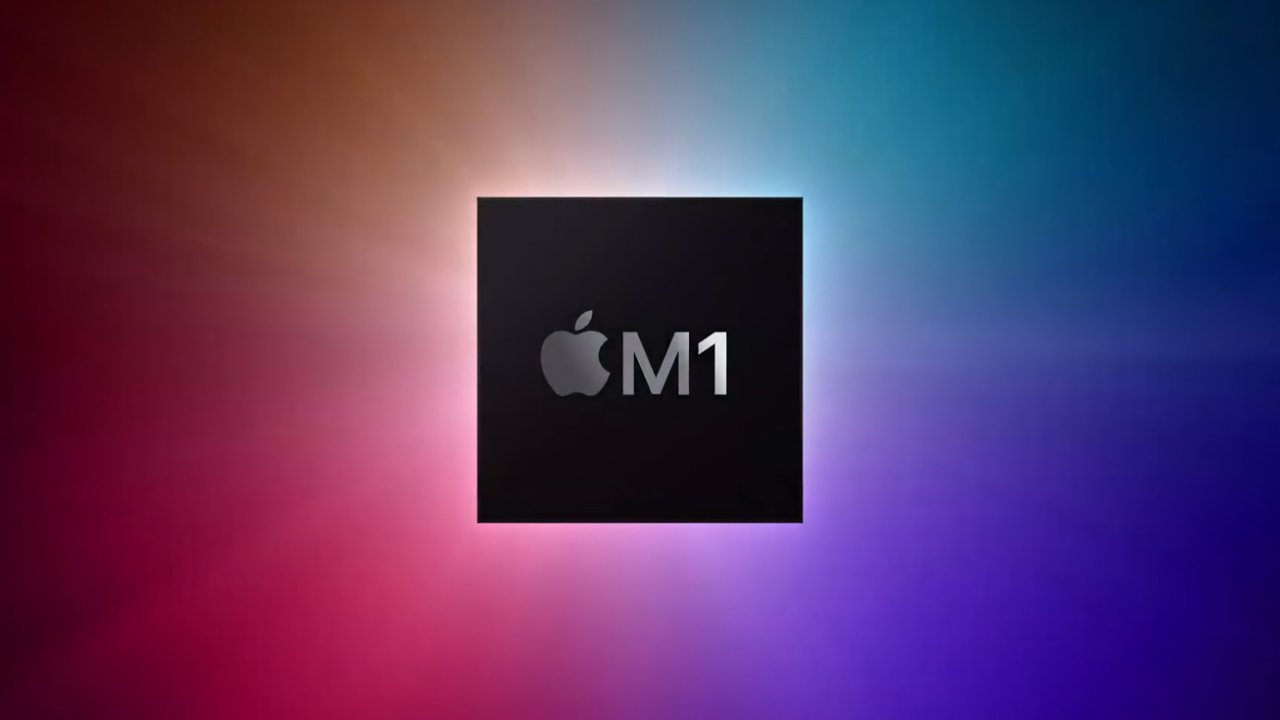
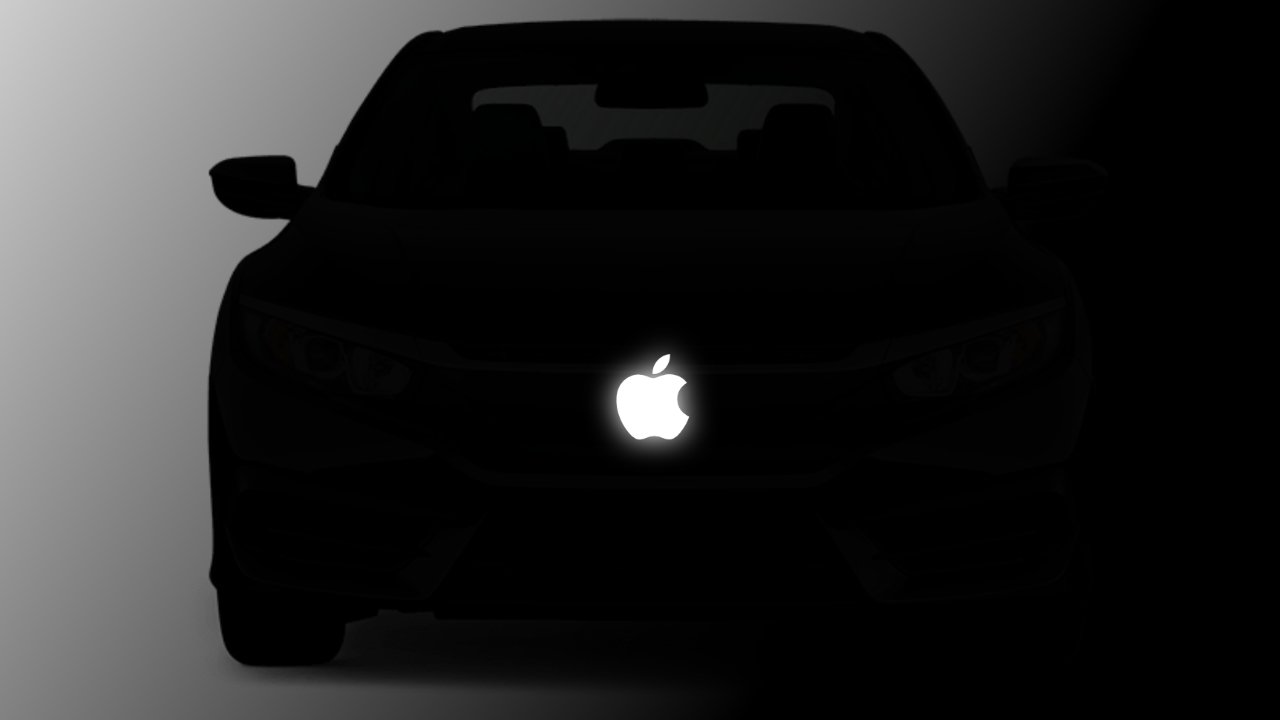
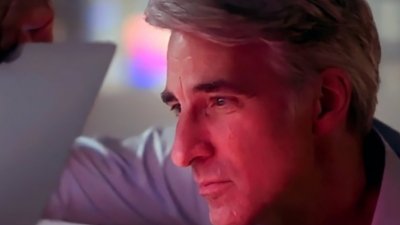
 William Gallagher
William Gallagher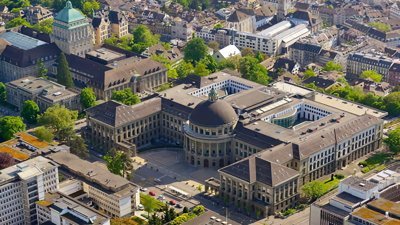

 Mike Wuerthele
Mike Wuerthele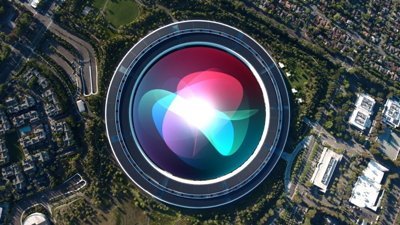
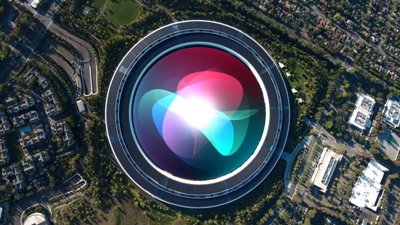
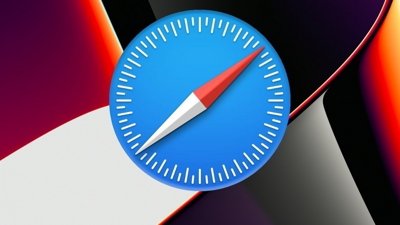
 Malcolm Owen
Malcolm Owen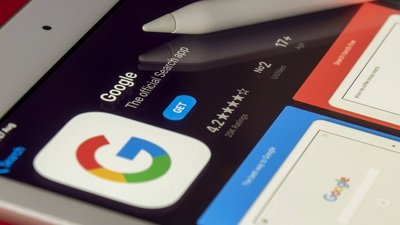
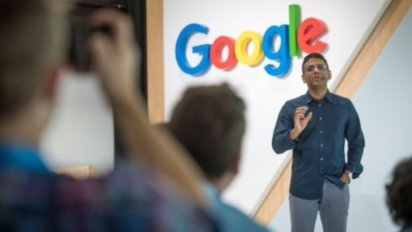
 Mike Peterson
Mike Peterson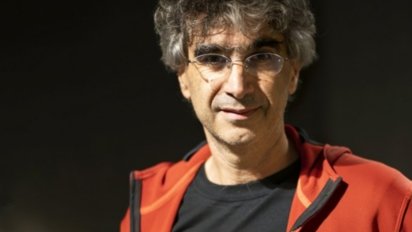
 Will Shanklin
Will Shanklin